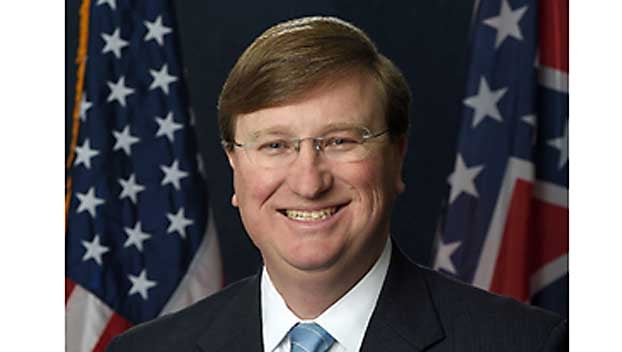Gov. Reeves announces $49 million in funds for 15 new Mississippi projects
Published 7:30 am Sunday, November 13, 2022
Governor Tate Reeves today announced 15 new RESTORE Act projects totaling $49 million for Mississippi’s Gulf Coast.
“I remain fully committed to ensuring that every dollar meant for our Gulf Coast, stays on our Gulf Coast,” said Governor Tate Reeves. “Mississippi’s economy is thriving in every region across our state, and this includes our Gulf Coast. These 15 new projects that I approved will strengthen our Coastal economy and better the quality of life for those living there. I’m grateful to the Governor’s Gulf Coast Advisory Committee and the Mississippi Department of Environmental Quality for their continued efforts to make our state the best in the nation to live, work, and raise a family.”
“There is a purpose and strategy to our restoration work,” said Mississippi Department of Environmental Quality (MDEQ) Executive Director Chris Wells. “From ecological restoration and conservation, to infrastructure, to workforce development and tourism, there are many factors at play in each project. We are excited for today’s announcement of projects which directs our work towards continued and purposeful restoration in Mississippi.”
These 15 projects announced for 2022 are funded through the RESTORE Act and were recommended to Governor Reeves by the Governor’s Gulf Coast Advisory Committee for his consideration and selection.
Once implemented, these projects will join the total of more than $795 million already being spent by the state of Mississippi through MDEQ on restoration projects across the Coast.
The projects include:
RESTORE Act Direct Component Funding (Bucket 1):
- Lowery Island Restoration ($4.4 million) — create a marina and mixed-use district.
- Pearl River Community College Hancock Aviation Aerospace Workforce Academy ($2.09 million) — purchase equipment to support the establishment of PRCC Aerospace Workforce Academy.
- The Kiln Utility District and Fire District Water and Sewer Expansion Project ($3.0 million) — expand water and sewer to support increased development.
- Hwy 609 Washington Street Gateway Phase II ($5.5 million) — construct pedestrian friendly features including sidewalks, crosswalks, and landscaped median under Phase II from Old Fort Bayou to Highway 90.
- Trent Lott International Airport North Apron Expansion ($2.4 million) — expand the north apron of the Trent Lott International Airport.
- Magnificent Mile: I-10 Hwy 63 Corridor Improvement ($5.5 million) — investment in road infrastructure to alleviate traffic congestion and encourage development.
- Gulfport-Biloxi International Airport Secondary Runway Extension ($2.2 million) — funding will expand the secondary runway.
- Port Bienville Railroad Intermodal Expansion ($3.3 million) — construction of a 7-track classification yard and the addition of a truck to rail intermodal facility expansion.
RESTORE Act Spill Impact Component Funding (Bucket 3):
- Jones Park Expansion Parking Areas ($1.65 million) — expand parking areas at Jones Park.
- Walter Anderson Museum of Art Creative Complex ($1.2 million) — provide funding for facility construction and new program implementation.
- Mississippi Gulf Coast Community College Workforce Training ($4.95 million) — development of curricula and workforce development program designed to meet job market needs.
- Health Professions for our Community (HEALP): Health Professions Center of Excellence ($6.6 million) — project will focus on developing a Health Professionals Center of Excellence.
- Marina at Front Beach ($5.5 million) — funding to convert derelict shrimp processing plant to marina and event center.
- Institute of Marine Mammal Studies Outreach and Ecotourism ($875,000) — enhance and expand ecotourism around Gulf Coast marine resources.
- St. Stanislaus and Ocean Springs Environmental Education ($566,500) — enhance environmental science programs related to marine ecosystem education.
Additional information on Mississippi’s restoration efforts can be found at www.restore.ms.
More News






